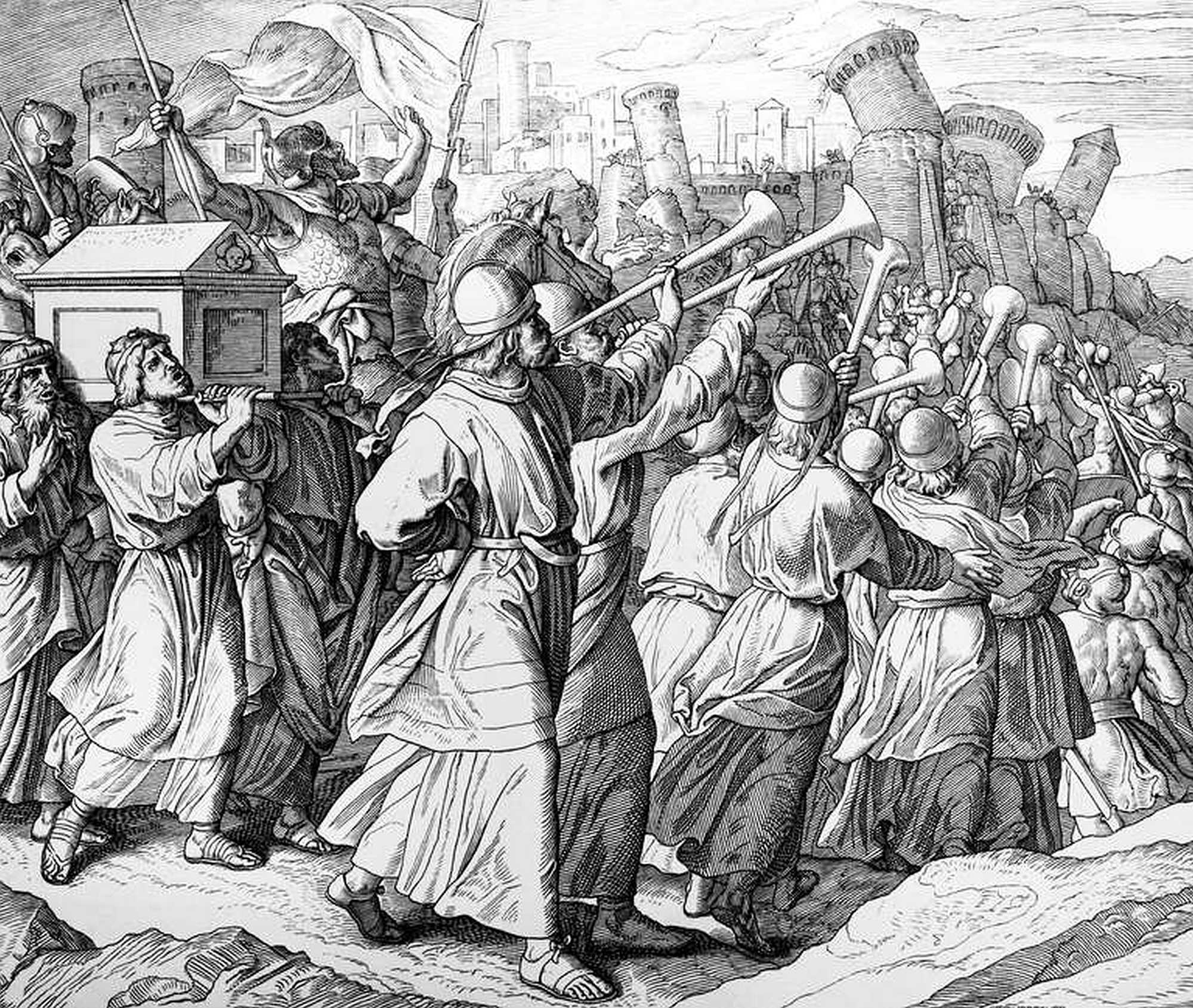At a time when Americans are seemingly as polarized as ever over the present, the country’s past also appears to be up for debate.
The killing of George Floyd and the anti-racism protests it sparked and The New York Times’ 1619 Project, which placed slavery central to the American narrative, have reminded people of the oppressive, exploitative and painful parts of the making of the United States.
Meanwhile, former President Donald Trump’s 1776 Commission was created to counter what the administration described as a “radicalized” view of America history. Its report, released in the last days of the Trump administration, suggested that all Americans are “united by the glory of our history.”
But history is messy. It doesn’t fit easily within binary thinking.
As a Bible scholar, I am struck by the ways the Bible tells both the good and bad of ancient Israel’s history – even when the narratives conflict. Instead of only celebrating moments of glory or tragedy, the Bible recounts both together.
This approach to history – treating narratives as one rather than cherry-picking the bits that fit a certain point of view – offers an example of how we can reframe the debate about how the U.S. tells its own history.
‘City on a Hill’
The Bible regularly has been mined for ideas, themes and metaphors to tell America’s story.
In 1630, shortly after the first slave ship arrived in Virginia, John Winthrop, a Puritan minister and later Massachusetts Bay Colony governor, delivered a sermon calling for the Massachusetts Bay Colony to become a “city upon a hill” – a reference to a passage in the Book of Matthew in which Jesus calls on his followers to be models of behavior for the world to follow.
This image became popular again in the 20th century when both Presidents John F. Kennedy and Ronald W. Reagan invoked it to describe American exceptionalism – the idea that the U.S. is by design, inherently different.
Meanwhile, the U.S. as a promised land given to the settlers by their God, a widely held belief in the 19th century, motivated the idea of Manifest Destiny, the doctrine under which American settlers embarked on a westward movement.
This movement, with its forced displacement of Native Americans and others, implicitly reenacted another part of the biblical narratives: Canaan as the land God gave ancient Israel. It was another way the U.S. could become Winthrop’s “city upon a hill.”
Written by the Victors
Beginning in ancient times, historical narratives commonly celebrate purported victories and downplay or omit whatever detracts from them.
Take for example Egypt’s Pharaoh Ramesses II who, in the 13th century B.C., fought a battle with the Hittite king Muwatalli II at Kadesh, in what is now Syria. Ramesses portrayed the event as an Egyptian victory. But Hittite accounts of the battle, discovered by archaeologists, suggest the battle was a draw. The outcome of the battle depends on who tells the story.
Different Narratives
The biblical writers also provide accounts of victories. But they also acknowledge defeats and failures. They even preserve conflicting accounts of Israel’s past, providing multiple interpretations of the same event as part of one overall history – take, for example, the conquest of Canaan.
The Book of Joshua recounts a story of a sweeping military campaign to capture Canaan. Yet in the very next chapter, Joshua 13, readers learn things are not quite what they seem. Israel did not conquer all of Canaan. The first chapter of the next book, Judges 1, provides a different account of Israel’s life in Canaan.
Rather than a great military conquest, Israel takes possession of Canaan gradually and with setbacks. Israelites live among the inhabitants of Canaan, occasionally fighting limited battles to take particular cities or regions. The process took time.
Elsewhere in the Bible, there is the figure of King David. He is remembered as the one who unifies the people, makes Jerusalem the capital and has God’s favor. But he also impregnates another man’s wife and sends Uriah to his death in battle before marrying his wife Bathsheba.
He is also driven from Jerusalem when his own son, Absalom, leads a rebellion against him.
Replacing Binary History
The point is, be it portraying a key figure as both heroic and flawed, or a campaign as triumphant victory and slow conquest, the biblical writers often told more than one side of history.
They recount the good and bad of ancient Israel’s history, without resolution of the tension, discrepancies and unseemliness of past actions.
As such, it could offer a model for how to tell U.S. history. Both the 1619 Project and President Trump’s 1776 Commission can tell the histories of the U.S. without denying or excluding the other.
As the Bible shows, coming to terms with different historical narratives is possible.
Mark K. George is a professor of Bible and Ancient Systems of Thought at Iliff School of Theology
This article was originally published in The Conversation. Read the original article here: https://theconversation.com/what-the-bibles-approach-to-history-can-teach-us-about-americas-glory-and-shame-151394





